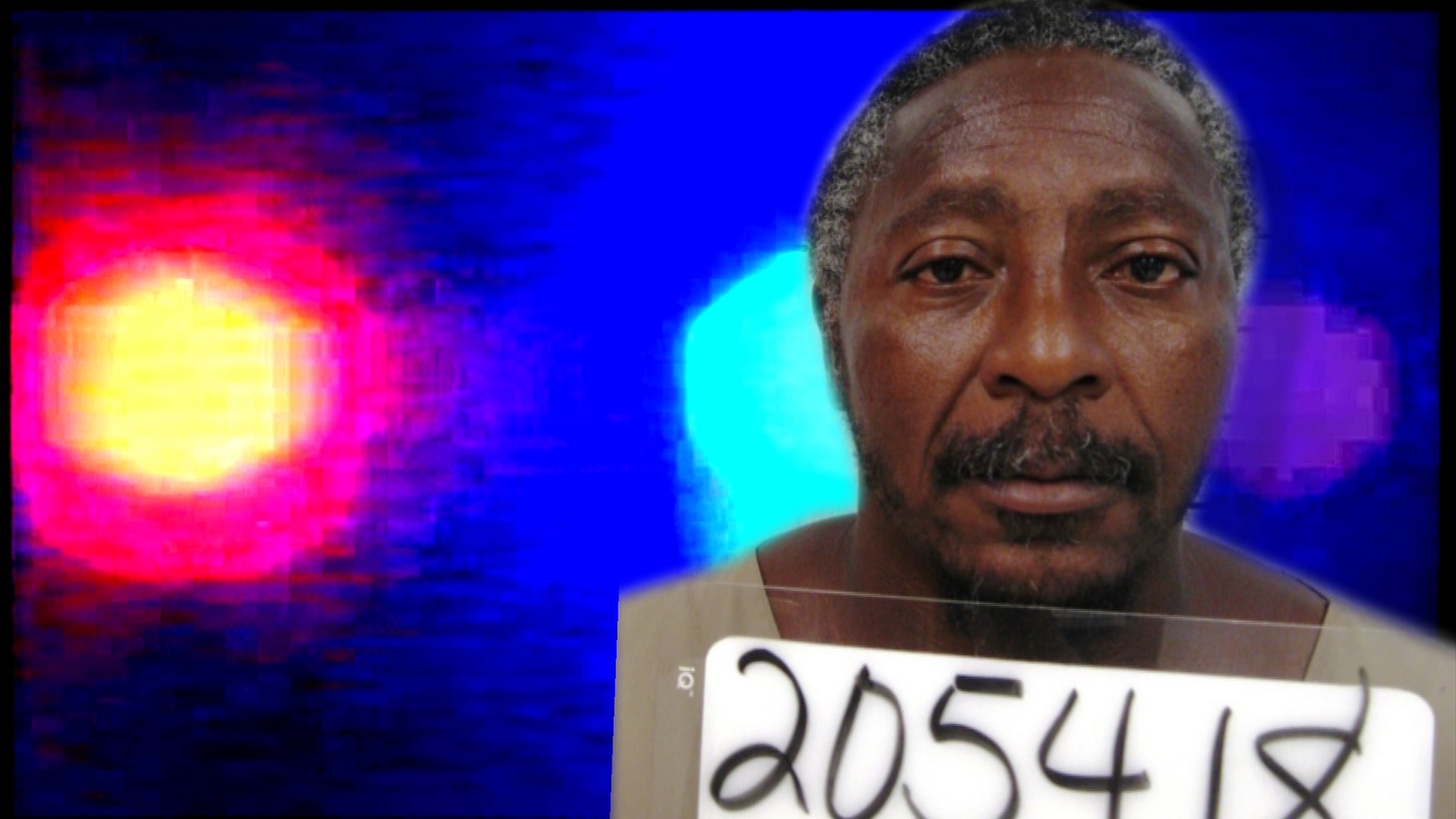LOUISVILLE (WHAS11) -- Deep in the basement of Louisville Metro Police's evidence storage building sits a room containing a warehouse smell along with a lingering question of whether more than 1,000 rape cases investigated by the department contain rape kits that have not been tested by the state crime lab.
The number was revealed as part of a broad, department-by-department investigation by USA TODAY, Gannett newspapers and TEGNA television stations, where journalists identified at least 70,000 untested rape kits at more than 1,000 police agencies.
"I was living in fear all the time of not knowing who he was, where was he and was he going to find me again," rape survivor Michelle Kuiper said, from her living room.
WHAS 11 generally does not identify victims of sexual assault, but Kuiper, who was raped in Louisville in 1994, voluntarily identified herself to campaign for clearing the backlog of rape kits. Kuiper was a college student when Curtis Boyd dragged her into an alley near her then-Cherokee Park home and raped her.
Seventeen years would pass before she learned her attacker's identity. In 2009, Boyd was convicted of robbery in an unrelated case. By law, his felony conviction meant his DNA was automatically entered into the Combined DNA Index System (CODIS). Two years later, in 2011, Boyd's DNA sample provided a "hit" matching the rape kit performed on Kuiper nearly two decades earlier.
But as the journalists' investigation discovered, not everyone gets the same justice.
"If it was my decision, we should test every single kit, because there are just too many perpetrators that just fall through the cracks," Kuiper said.
Recently, it was up to Louisville Metro Police Special Victims Unit Lt. Carolyn Nunn to count LMPD's cases one-by-one. She said she found 1,073 cases in question.
"Part of my job now is to pull every single case file to find out if it's a true rape kit, has buccal swab standards for an offender, identify what's in there and what's been done with the case," she said, to make sure victims are still on board and alive. She said some cases in question were from the 1970s.
She expects the actual number of untested cases to be lower.
She said it was only after 2013, when Kentucky State Police--which operates the forensic crime lab testing the kits--asked LMPD to send KSP every rape kit to identify potential serial rapists.
But she said LMPD can only send so many, citing several factors as to why rape kits would not have been tested. A key problem, she said, was victim participation.
If victims can't be found, or is found, but chooses not to have the case investigated, Nunn said the rape kits from those cases would not be sent to the crime lab. Another scenario where a rape kit would not be tested if a case is cleared by a suspect's arrest before the rape kit could be sent off, she said.
"A lot of our victims don't want to go forward, for the ones that do, we go 110 percent with them," she added, "Without victim participation, we don't go forward."
She said federal law prevents investigators from sending a kit to be tested if there is no victim does not agree to move the case forward.
According to an LMPD spokesperson, between 2009 and 2014, the department did send 643 kits to be tested, but department records show only 343 were tested.
The statistic raises another issue with the current backlog of rape kits at the crime lab.
Kentucky State Police Crime Lab Manager Laura Sudkamp estimated the current turnaround time at six to nine months, but said once several open biology positions are filled and the employees fully trained after a year, the turnaround time would be shortened.
"When you tell a victim of rape, it could take a year, to a year and a half to get through the justice system, a lot of folks say, 'I don't want to invest that, I don't want to be re-traumatized,' so we've got to figure out how to make the system work better for victims," Kentucky State Auditor Adam Edelen said at news conference last week.
"We have high hopes that we will receive a $2 million grant from the Manhattan DA's Office that will allow us to identify and round up all of these unsubmitted kits from the police agencies and send all of them out to a vendor lab for testing and then we will get the profiles loaded into the DNA database," Sudkamp told WHAS 11 in an email.
She said the grant would ensure the kits would not be added to the current backlog, adding, the backlog was not about labs not testing kits, but kits never being sent to the labs for testing.
In April, Edelen sent surveys to more than 400 local law enforcement agencies to determine how many kits had never been sent to KSP's lab in Frankfort for testing. Estimates range from 2,000 to 10,000.
Many of those are in LMPD's evidence room.
"It's really sad to think there are all of these kits that aren't tested because it took a lot of courage to go through that exam," Kuiper said.
Her rapist was connected to two more rapes committed in 1997 and 1999 respectively.
Boyd was sentenced to 33 years for the three cases, but Kuiper believes Boyd's DNA may be sitting inside one of those untested kits keeping other victims from their justice.
"People don't realize that one kit, it's a person. That kit is a person and that person doesn't have justice."


